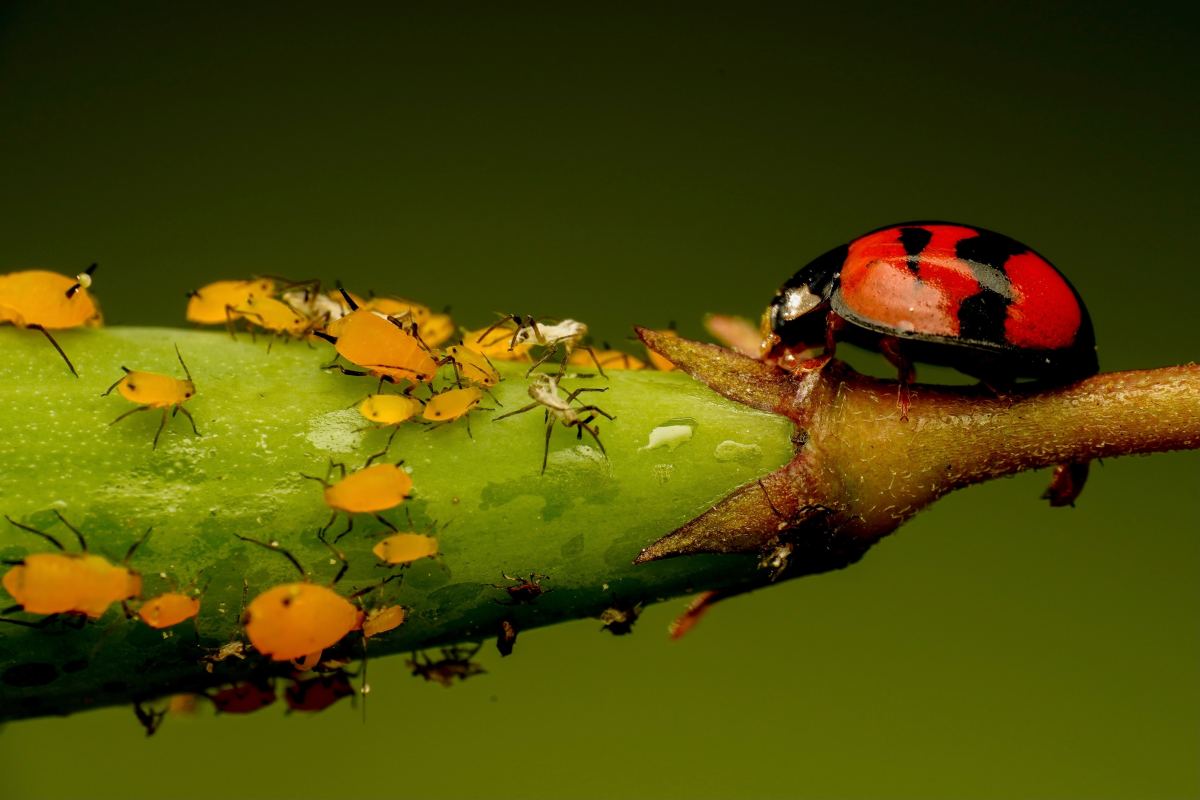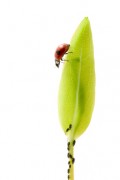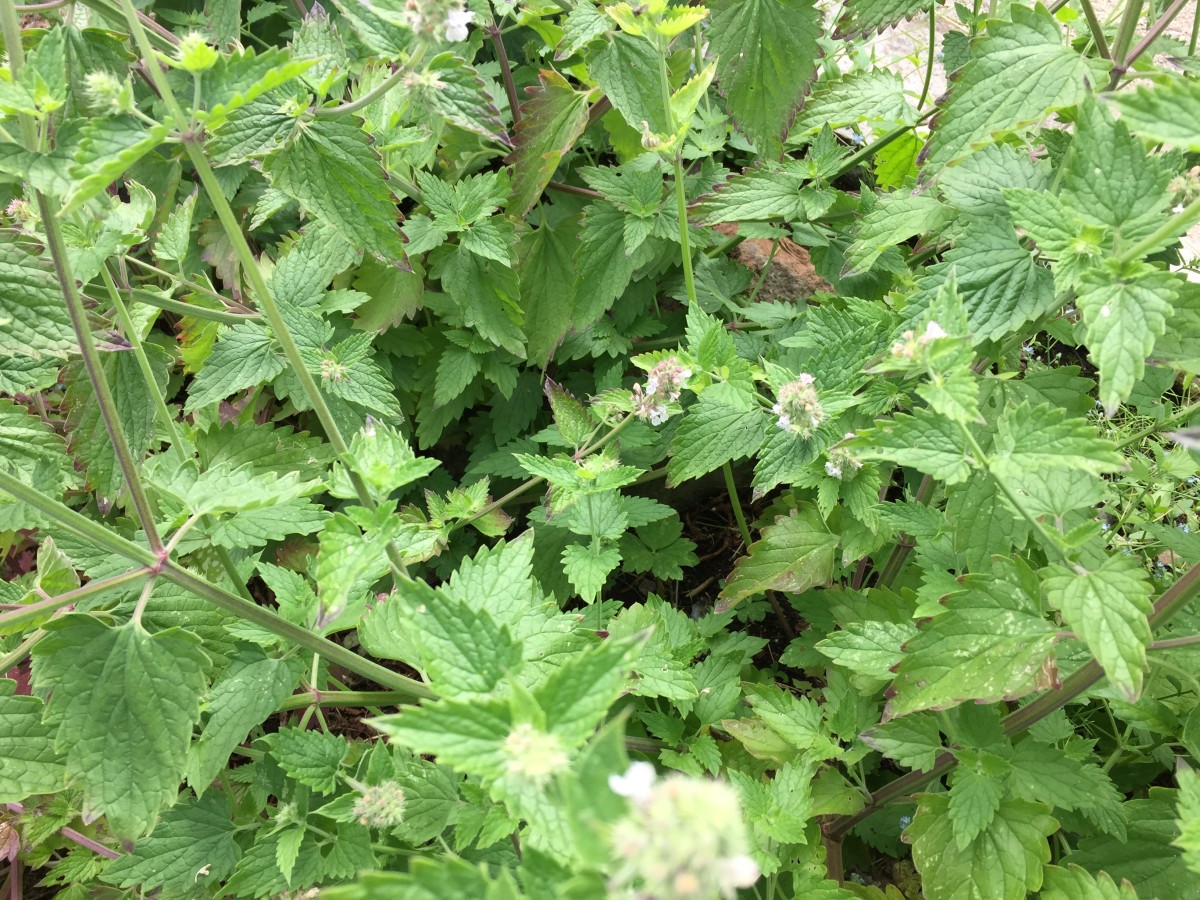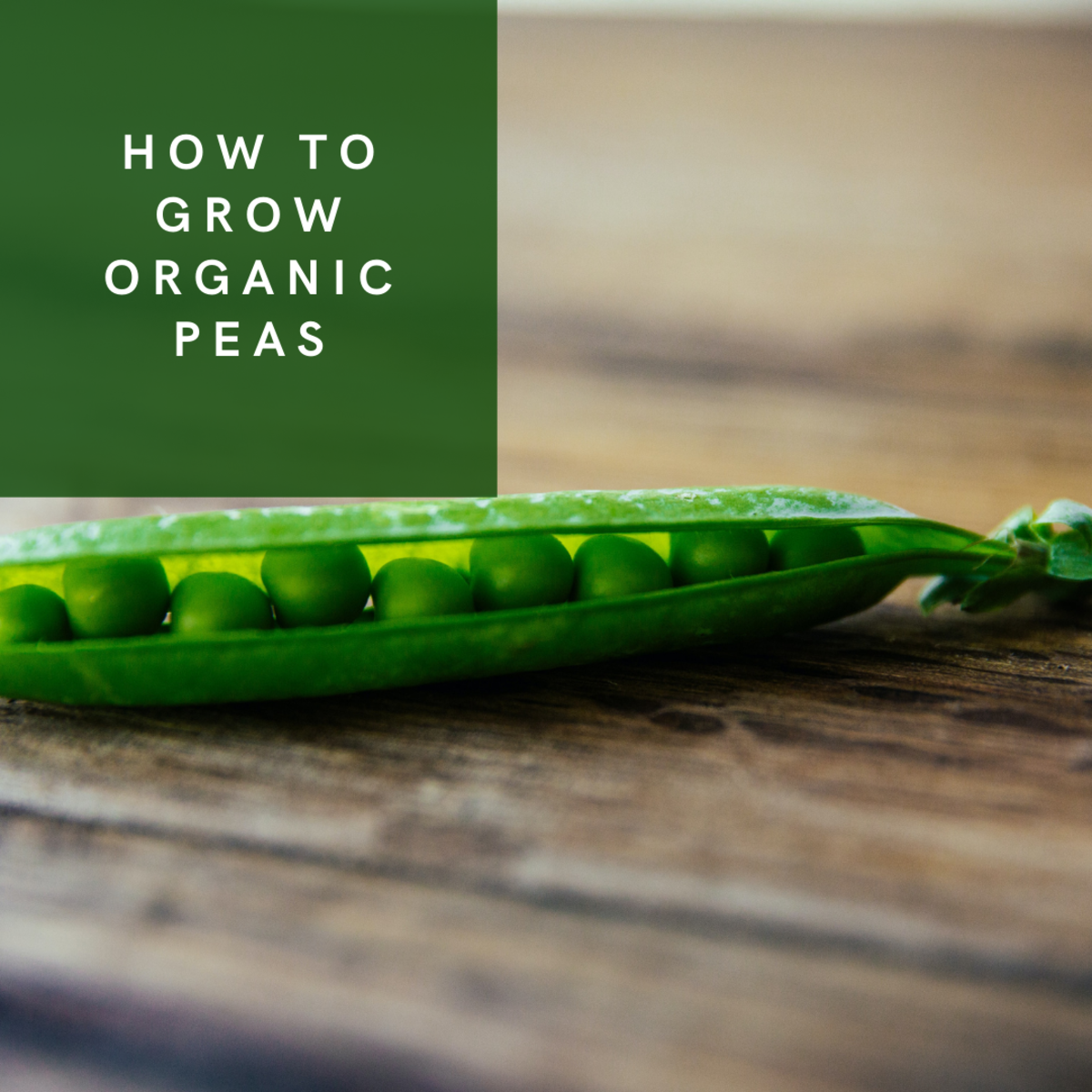- HubPages»
- Home and Garden»
- Gardening»
- Organic Gardening
Companion Plants Can Deter Garden Pests
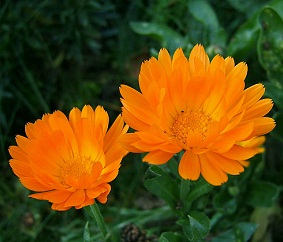
Keep Pests off Your Vegetables with Companion Plants
What are companion plants?
They are the ones you plant alongside your vegetables, fruit and other prized plants because the pests that afflict these most don't like the companions.
Although some research has been done into how and why this works, much of our knowledge comes from ordinary people's observations over centuries.
In some instances, it's simply hiding some plants by growing them with others that physically get in the way of possible pests. In other cases, the smell of one plant can overpower the smell of another, again keeping it safe from creatures that would like to eat it.
You can also grow plants that attract predatory insects like ladybugs whose larvae feast on aphids and grow others that pests love to eat. While they are munching their way through these, they are leaving your precious vegetables or fruit alone.
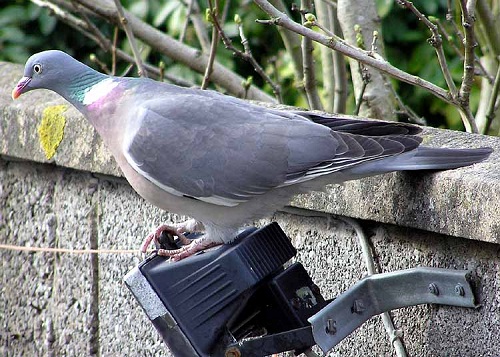
Use Companions to Hide Your Seedling Cabbages
If pests can't see them, they won't eat them.
What is very annoying is spending hours growing cabbages and similar plants from seed in pots, then planting them out when they are just big enough only to find pigeons and other birds pulling them out of the ground. You can't sit there guarding them through the hours of daylight so hide them instead.
Plant your tiny cabbage plants amongst spinach so the pigeons won't see them. By the time they are too big to be dragged out of the ground, probably you will have picked all the spinach so the cabbages have room to grow.
Picture: Wood Pigeon - in the Public Domain
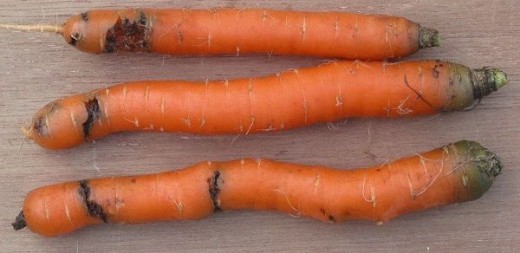

Disguise the Smell of Your Plants - If they can't smell them, they won't find them
The carrots shown above have been attacked by the carrot fly. Companion plants might have saved them.
Many garden pests find their food by smell. Did you know the carrot fly can smell carrots up to about half a mile away? The adult fly homes in on your carrots and lays its eggs on the soil alongside them. When the larvae hatch they burrow into the ground and chomp away at your carrots.
Use strong smelling companion plants alongside them to disguise the carroty smell, that way the fly won't find them.
The most popular ones are sage, rosemary, summer savory or chives. Sage and rosemary are also used with cabbage to deter the cabbage fly. Cabbages and other brassicas can also get protection from the cabbage white butterfly by being planted alongside these herbs with strong smells.
Gardens are not made by singing “Oh how beautiful” and sitting in the shade.
— Rudyard Kipling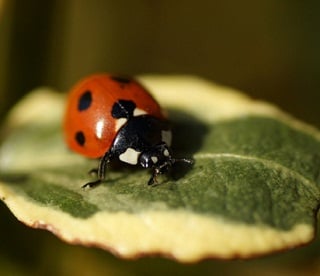
Attract the Predators of the Pests
Grow the plants they love
There is a saying, "My enemy's enemy is my friend." This is true when it comes to garden pests. The birds and toads that eat snails and slugs are your best buddies. Ladybugs, lacewings and hoverflies that prey on aphids are your good pals too.
We help our friends, don't we? We want to have them around eating all those slugs and snails, aphids and other pests.
Feed the birds, put water out for them to drink and bath in, plant the kinds of things hoverflies, lacewings and ladybugs like.
One of their favourites is Calendula officinalis, illustrated in the introduction above, also called pot marigold or English marigold. Sow them amongst any of your plants that attract aphids. The females of these friendly creatures will lay their eggs on the groups of aphids and when the larvae hatch, they eat the whitefly or greenfly.
Pests in Your Garden or Yard
What is the most troublesome pest you have attacking your plants?

Books for Environmentally Friendly Gardeners - Including how to use companion plantings
Personally, I like to have real, old-fashioned, printed reference books about gardening. It doesn't matter if I get soil on them or accidentally sprinkle them with water as long as I can still read them.
They are right there when I quickly need information I can trust. This is never more true than when I'm in the garden and I have a problem and want an answer fast.
Here is one of two of books I think are great for the environmentally friendly gardener. In it, you will learn more about how to combat plant pests and diseases effectively. Caring for the environment doesn't mean your crops are at the mercy of insects, fungi and bacteria as this book demonstrates.
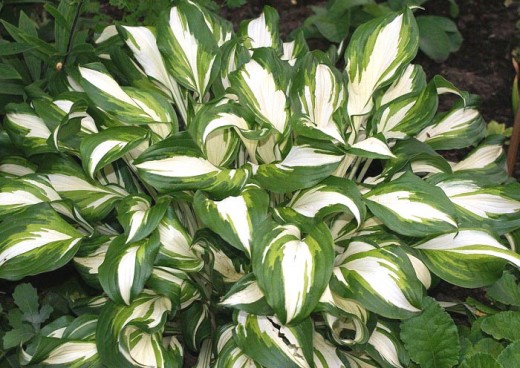
Sacrificial Plants - Plant these to save the others
If you sow nasturtiums and/or basil and plant them very close to aphid magnets like brassicas, roses or lupins, the chances are the pests will attack the nasturtiums and basil first because they have an almost magical attraction for aphids.
Surround your cabbages, hostas and anything else particularly attractive to slugs and snails, with lettuce - a cheap and easy to grow crop. Let the slugs and snails feast on these and maybe they'll never get round to eating those you want to protect. If you've made your garden attractive to birds and toads and you put down beer traps to catch the pests, you will diminish the numbers and give yourself a better chance of a good harvest of vegetables and handsome hostas.
Other Ways to Protect Plants from Garden Pests - Without using chemicals
There are a number of barrier methods you can use to protect your fruit, vegetables and ornamental plants from attack by insects, snails, slugs, birds and other animals.
I don't like using chemicals in the garden so I prefer these methods.
On the right you can see just one kind of barrier, there are many others and which you use depends on what you are growing. You'll see more suggestions if you follow the link.
'The art of companion planting and watering' Patrick Whitefield
This experienced gardener shows us how he uses companion plants. He points out in the first minute or so that it's a good idea to use tall narrow plants with short bushy ones to maximise space and allow both plenty of light.
He has many other excellent tips and suggestions.
More Information About Companion Planting
- BBC - Gardening - Gardening Guides - Techniques - Companion planting
More suggestions from the BBC about plants to use as companions to keep pests away from fruit and vegetables in the garden.
- Companion Planting - Vegetable Gardening Plant Companions and Combining
Companion planting is about which plants help each other. Find out which gardening combinations work to control pests and increase yields. Scroll down for a useful chart of which plants work well together.
© 2014 Carol Fisher

